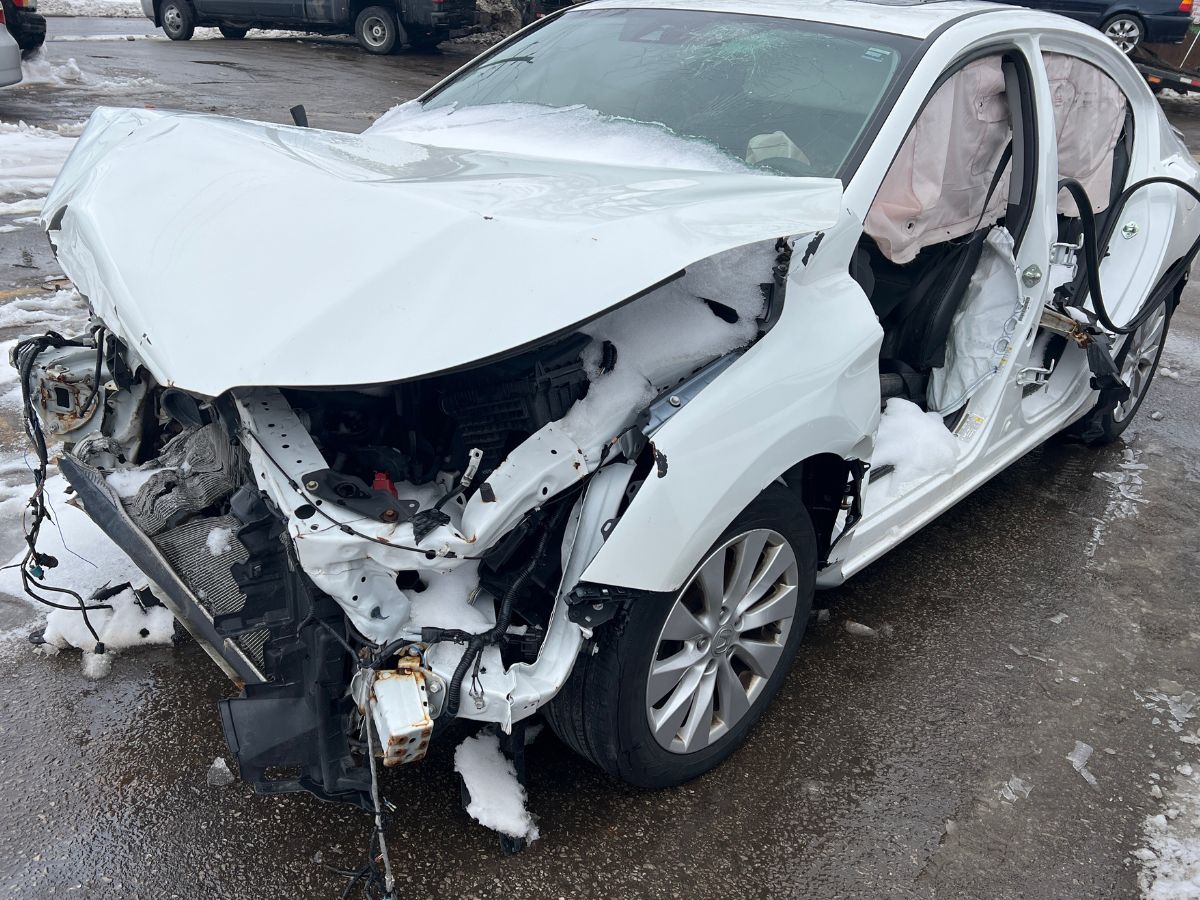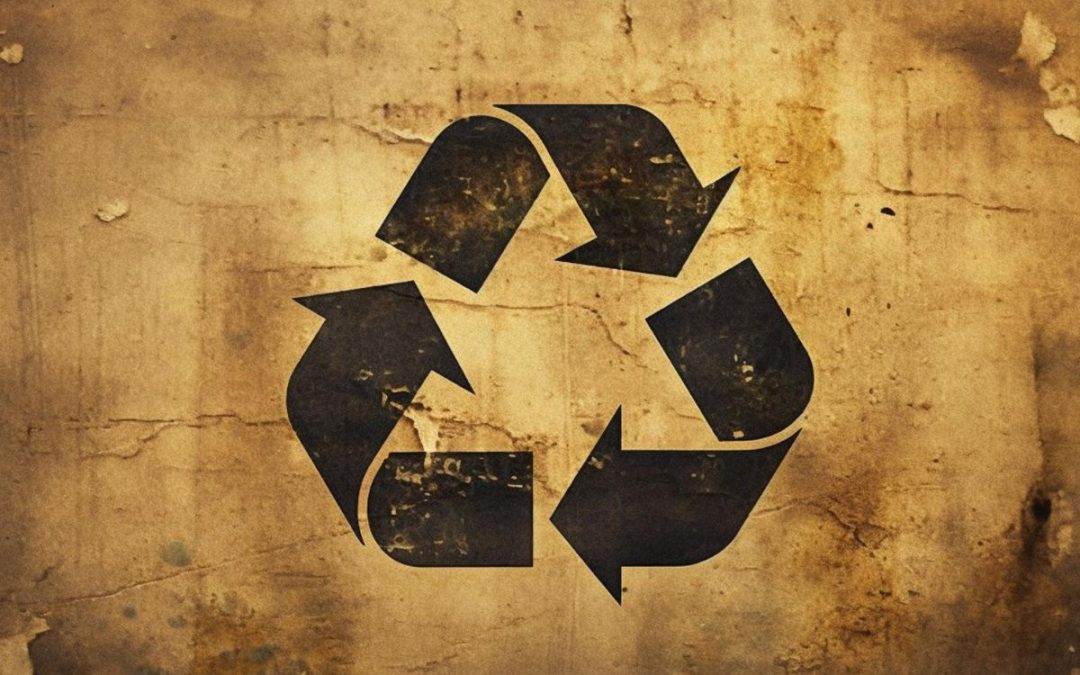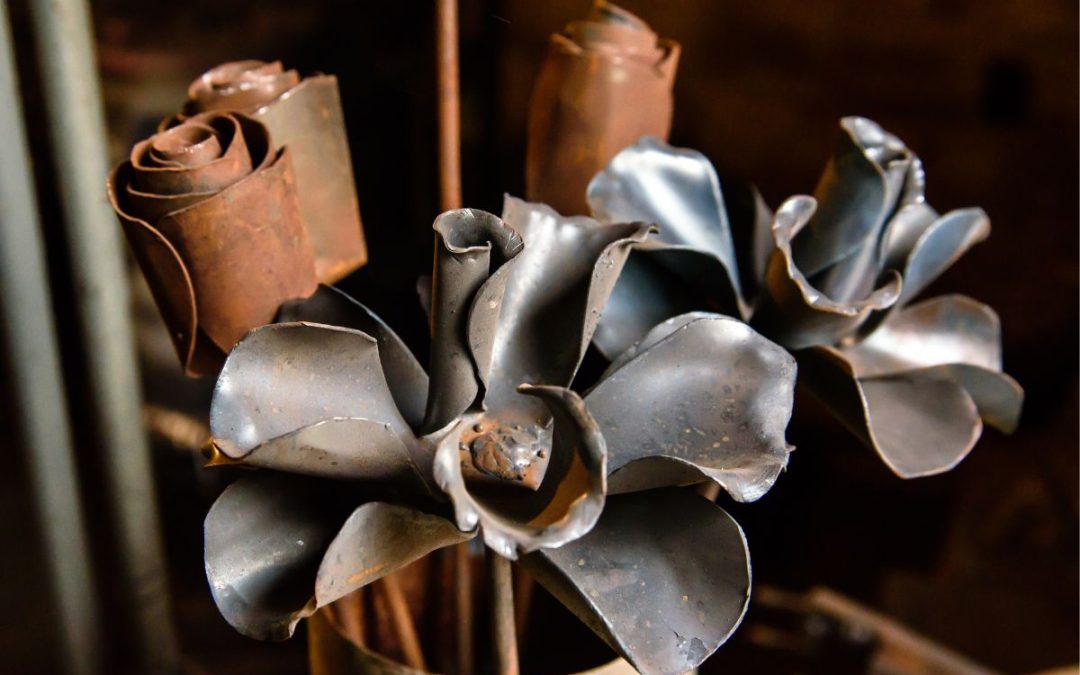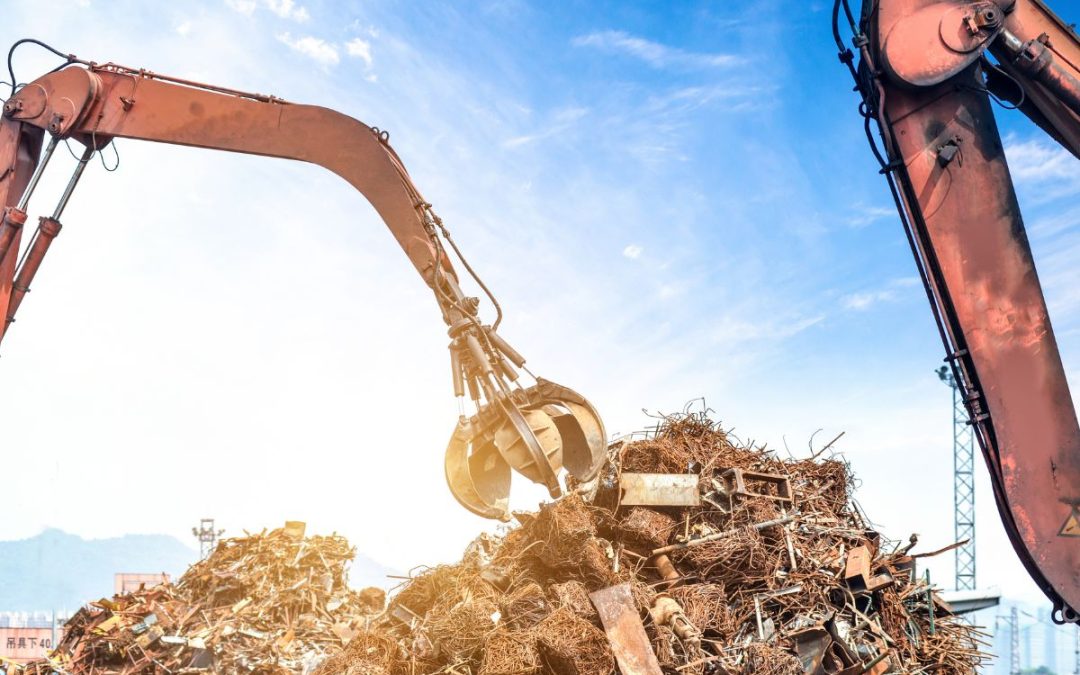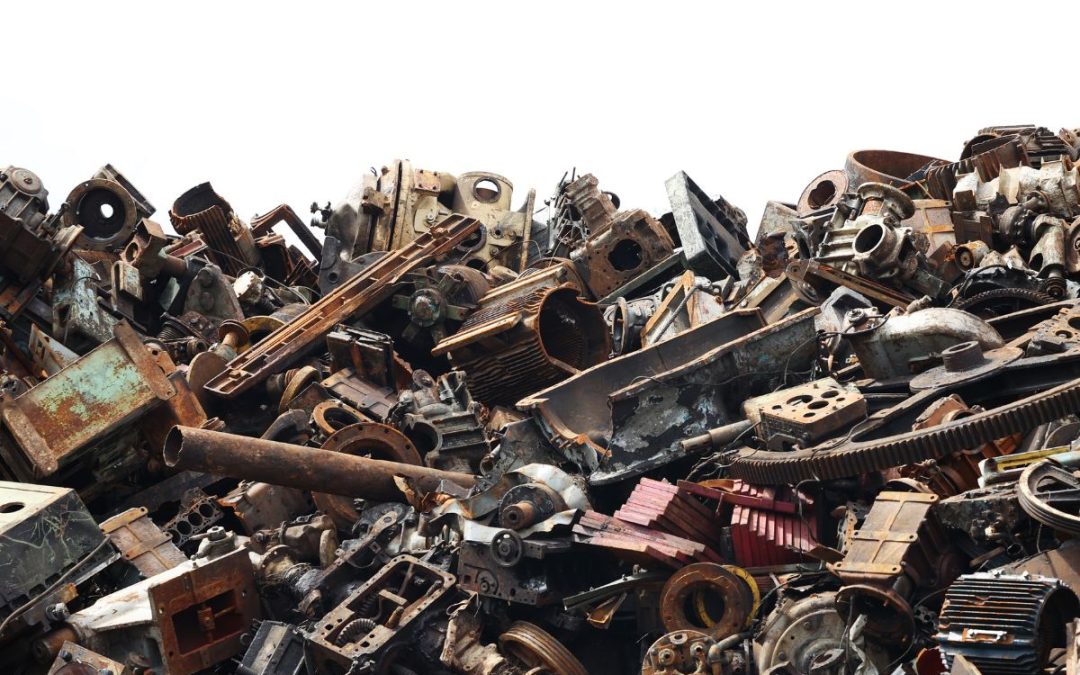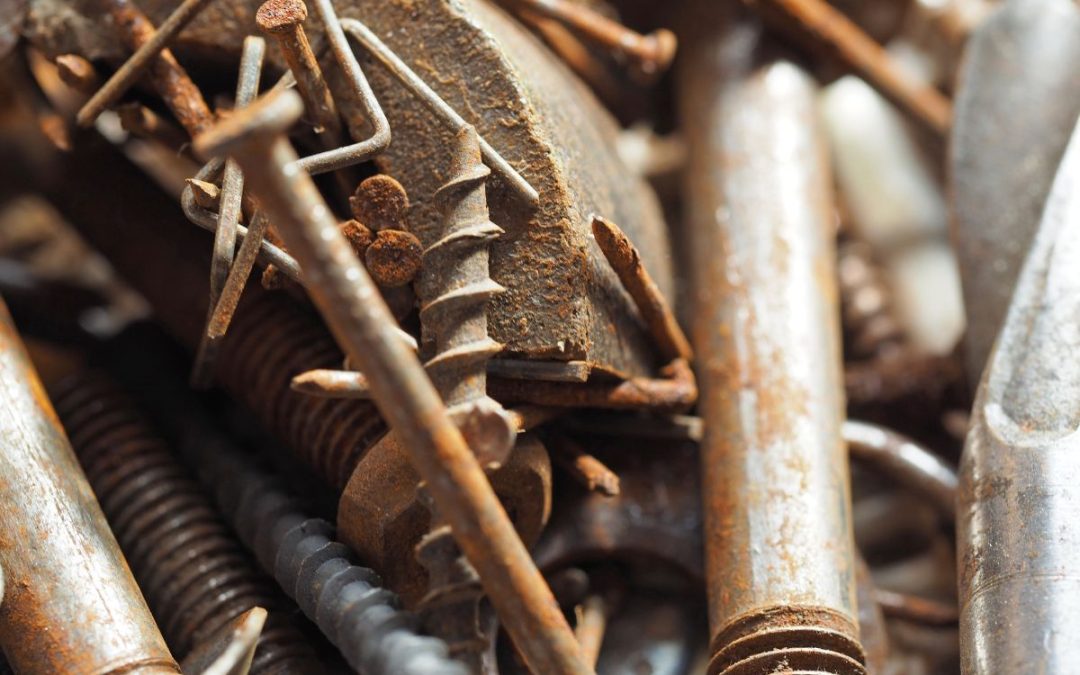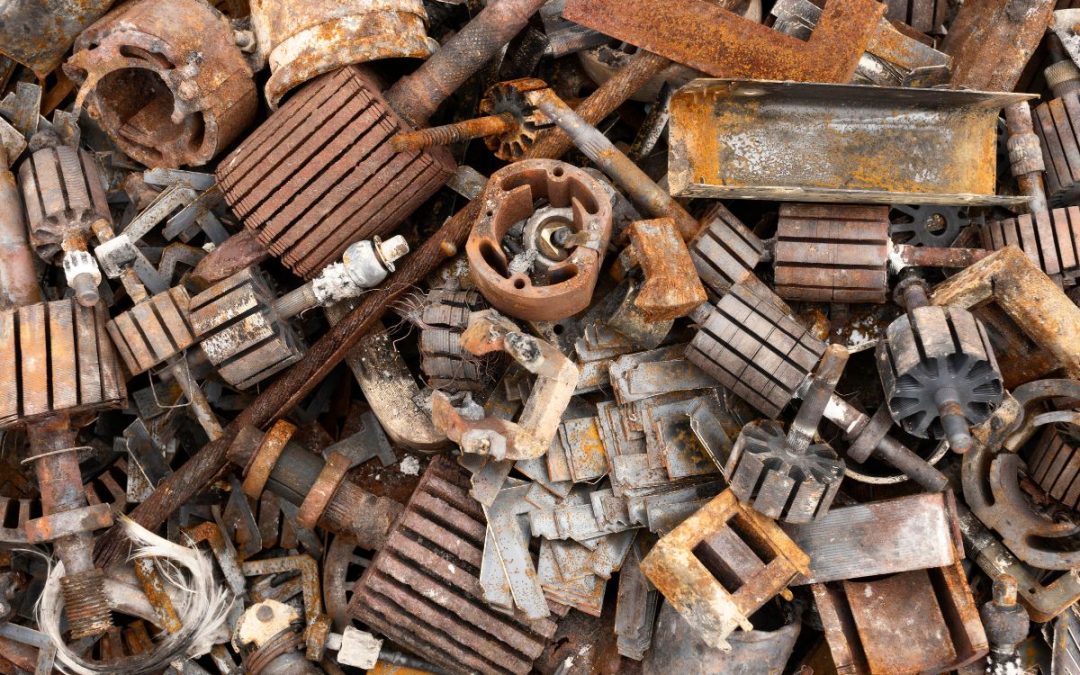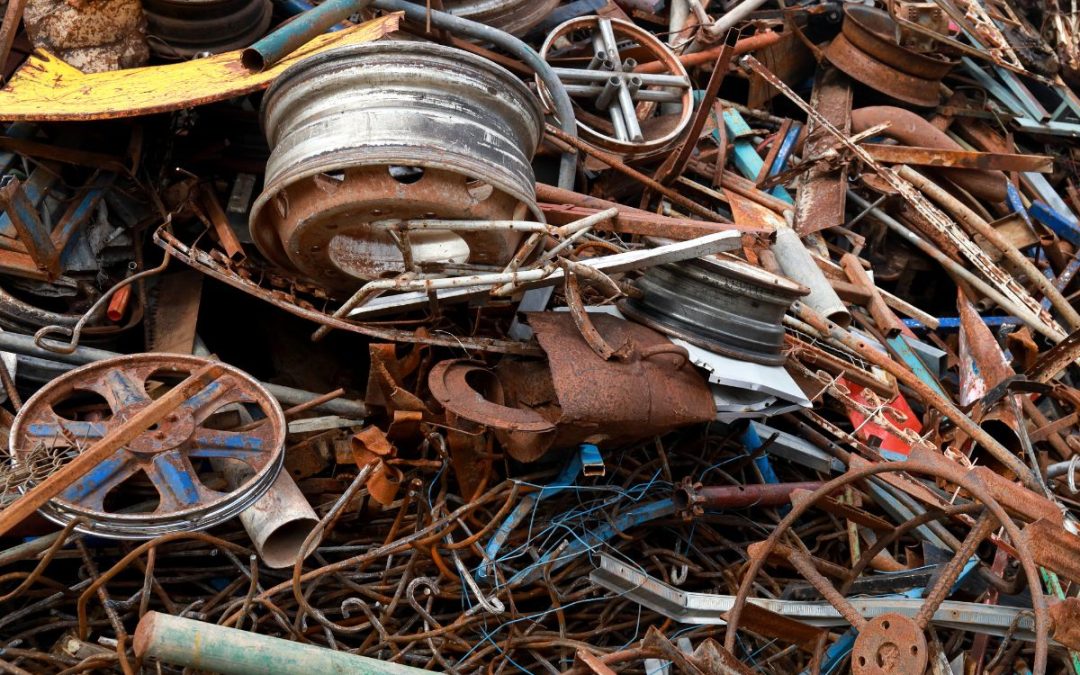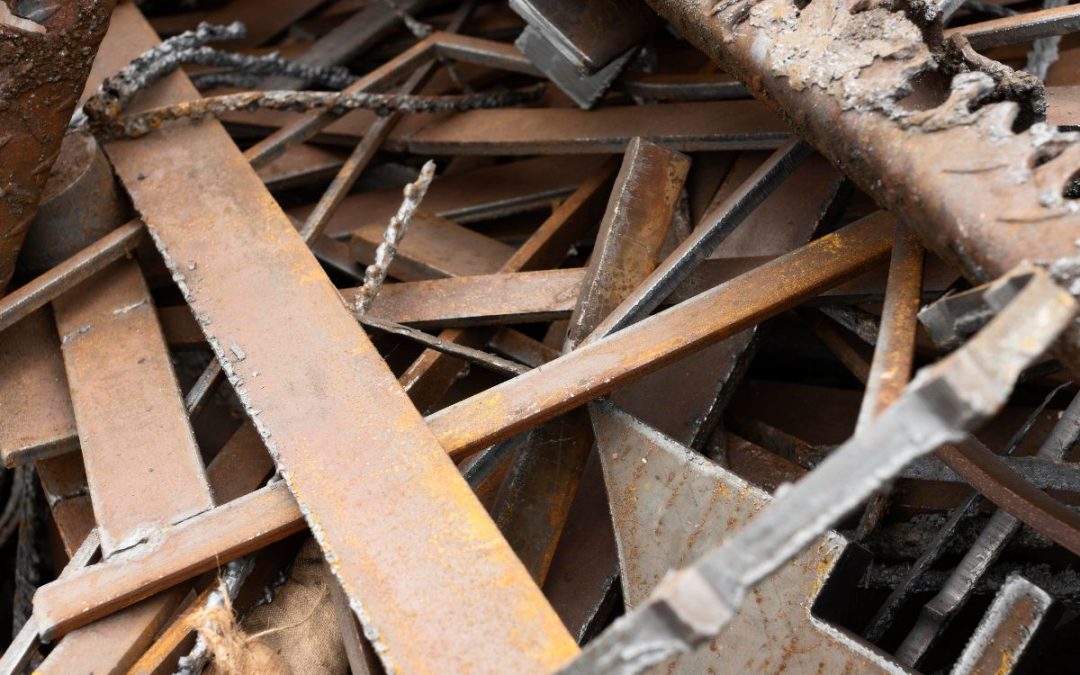How to Sell My Dead Car
If you have a dead car occupying your garage or driveway, you might wonder what to do with it. Whether your car has been totaled in an accident, suffered extensive mechanical damage, or reached the end of its lifespan, selling it can be a practical solution. However, selling a dead car can be challenging, especially if you’re unsure where to start or what it’s worth. In this article, we’ll provide you with a guide on how to sell your dead car. We’ll cover topics such as determining the value of your car, exploring your selling options, and even donating your car. By the end of this article, you’ll better understand what to do with your dead car and how to get the most out of it.
Determining the Value of Your Dead Car
Assessing the condition of your dead car is the first step in determining its value. Some factors that can affect your car’s value include the extent of the damage, the age of the car, and the make and model. Here are some steps to assess the condition of your car:
- Check for visible damage, such as dents, scratches, or rust.
- Inspect the engine and other mechanical components to see if they function properly.
- Check the car’s mileage, as higher mileage can decrease its value.
- Look up the market value of similar cars in your area to understand their worth.
- Consider any salvageable parts that can be sold separately.
By taking these steps, you can get a better idea of the value of your dead car, which will help you determine your selling options.
Selling Your Dead Car: Options and Tips
Once you’ve assessed the condition of your dead car, it’s time to explore your selling options. Here are some of the most common options for selling a dead car:
Selling to a Junkyard:
Junkyards and salvage yards often purchase dead cars for scrap metal and parts. They typically offer a lower price than selling to a private party, but the process is often quick and hassle-free.
Selling to a Private Party for Parts:
If your car has salvageable parts, you can sell them individually to a private party. This can be more time-consuming than selling to a junkyard, but you can get a higher price.
Selling to a Dealership:
Some dealerships may be willing to purchase your dead car, especially if it’s a newer or popular make and model. However, they may offer a lower price than a private party.
Here are some recommendations to keep in mind when selling your dead car:
- Gather all necessary documents, such as the car title, registration, and bill of sale.
- Be honest about the car’s condition; failing to disclose damage or issues can lead to legal trouble.
- Consider negotiating with buyers to get the best price for your car.
- Don’t forget to cancel your car insurance and registration once you’ve sold the car.
Negotiating the Sale of Your Dead Car
Negotiation skills can be useful when selling your dead car to get the best price possible. Here are some tips to help you negotiate the sale of your dead car:
Know the Value of Your Car:
Before starting negotiations, research to determine your dead car’s value. Look at similar cars in your area and consider factors such as the make and model, age, and condition of your car.
Set a Reasonable Price:
Once you know your car’s value, set a reasonable and realistic price. If you set the price too high, potential buyers may be turned off, but setting it too low can mean losing out on potential profits.
Be Honest about the Condition of the Car:
Honesty is crucial when negotiating the sale of a dead car. Be upfront about any damage or issues with the car, as hiding information can lead to legal issues.
Be Willing to Negotiate:
Negotiation is a give-and-take process, so be prepared to listen to potential buyers’ offers and counter with a reasonable price.
Consider Selling Parts Separately:
If your dead car has salvageable parts, consider selling them separately to maximize profits.
Conclusion
In conclusion, selling a dead car can be challenging, but it’s not impossible. With the right strategy and preparation, you can turn your dead car into a valuable asset and get a fair price. Whether you sell it privately, through a dealership, or by parting it out, be transparent about the car’s condition, and gather all necessary documents. Alternatively, if selling isn’t an option, consider donating it to a reputable charity organization. Following these tips can make the sales process smoother and turn your dead car into a positive outcome.
Bestway Metal Recycling is a family-owned business. We have been in operation since 2003. We are fully licensed by the City of Toronto for Metal Recycling. We buy Scrap Metals, Scarp Cars & Junk Cars, Scrap Copper, Scrap Aluminum, Scrap Copper Wires, Scrap Lead Batteries, Scrap Brass, and Scrap Catalytic Converters.
Contact us @ (416) 752-5755 to sell your scrap metals/scrap cars for cash.

